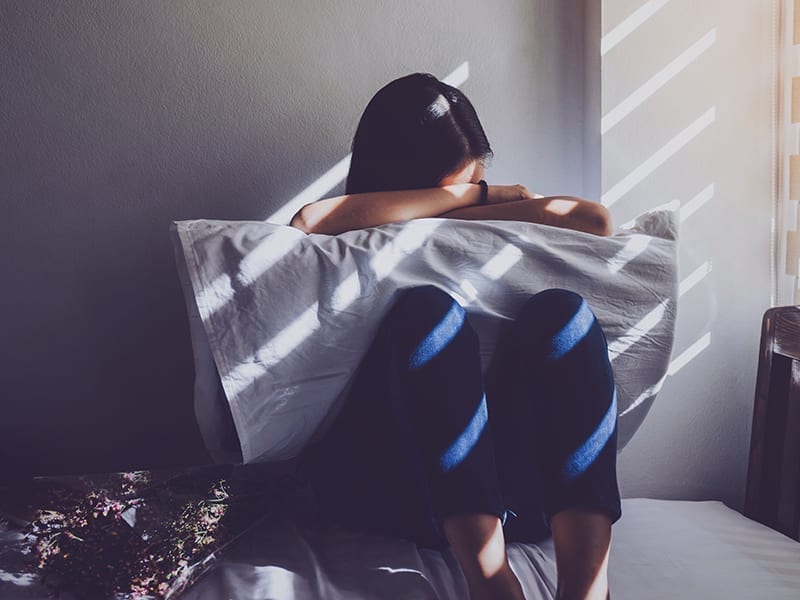How many times have you felt nervous and jittery while in a social situation? Public speaking or interacting with strangers isn’t exactly a cakewalk for everyone. We humans are social beings, and we learn to face social situations with time. However, it becomes a problem when the intensity and frequency of this anxiety increase whenever we are a part of a social situation. This excessive fear and stress that gets triggered around social situations is called social phobia. It’s a type of anxiety disorder, also known as social anxiety disorder.
Social Anxiety, Often Mistaken As Shyness
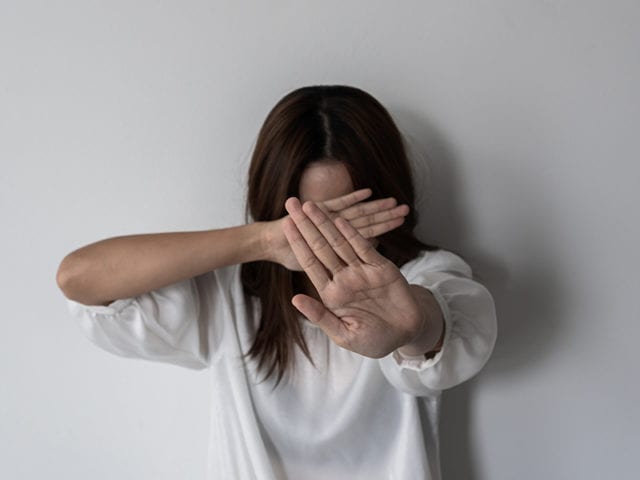
Now, let’s not confuse social anxiety with shyness. Social anxiety cannot be seen in the light of shyness or introversion. Shyness is short-term and not as persistent and debilitating as social anxiety disorder.
If you are shy, you are bound to get familiarised and comfortable with time in social situations. This is normal and doesn’t qualify as social anxiety disorder. A person suffering from social anxiety will face severe difficulty while talking to people, attending social gatherings, and meeting new people. This anxiety or stress generally comes from the fear of being judged or scrutinised by others. You know that you are being irrational or unreasonable but still fail to overcome this shortcoming. If this condition is left untreated then it starts taking a toll on your overall life.
When Does Social Anxiety Happen And What Does It Feels Like?

Socially anxious people face a hard time when approached by strangers, speaking in public, meeting new people, and attending social gatherings. It stops them from building and enjoying cordial relationships with peers and colleagues. Some people find it quite okay to hold one-on-one conversations. However, addressing a group of people or being the centre of attention might seem like a nightmare to them. Being socially anxious is not a crime. You are just constantly worried about being judged by other people, getting embarrassed or humiliated, and unintentionally offending someone. You spend days and weeks worrying about attending an upcoming social event. Just the thought of it makes you so anxious and overwhelmed that you try your best to avoid such social situations.
However, there’s good news! Social anxiety disorder is a very common mental problem that responds and gets immensely benefited from therapy and medication. Anybody suffering from this disorder can learn some coping skills and deal effectively with the problem.
How Does It Feel Like Physically?

The intensity and extensity of the social anxiety symptoms are extremely subjective and varies from person to person. When put in stressful social situations, such people generally report increased heartbeat, musical tension, feeling lightheaded and dizzy, breathlessness, sweating, stomach trouble, and diarrhoea.
How Social Anxiety Affects Overall Life?
Social anxiety stops you from living and enjoying your life to its fullest. Avoiding all kinds of social situations deprives you of healthy personal bonds and relationships. It will eventually lead to low self-esteem, negativity, distorted reality context, depression, extreme sensitivity to criticism, and poor social skills. You will lack the knowledge of social adjustment.
Social Anxiety Causes And Symptoms
The emotional and behavioural social anxiety symptoms may include:
- Persistent, intense fear or anxiety about specific social situations, arising from the thought of being judged, embarrassed or humiliated
- Avoidance of anxiety-producing social situations or enduring them with intense fear or anxiety
- Excessive anxiety that’s out of proportion to the situation
- Anxiety or distress that interferes with daily life activities
- Fear or anxiety is not an outcome of a medical condition, medication or substance abuse
- High levels of anxiety and fear are marked with frequent panic attacks
- Refraining from certain activities because of a fear of embarrassment
- Becoming isolated; the individual may quit their job or drop out of school
What Causes Social Anxiety Disorder?
Just like any other mental condition, falling under the anxiety spectrum, social anxiety disorder also arises from a complex interaction of biological and environmental factors. They may include:
1. Inherited Genetic Traits

Anxiety disorders generally run in families. However, it could also be a learned behaviour. Researchers are investigating to find out how much of it is genetic and how much is socially acquired.
2. Brain Anomalies
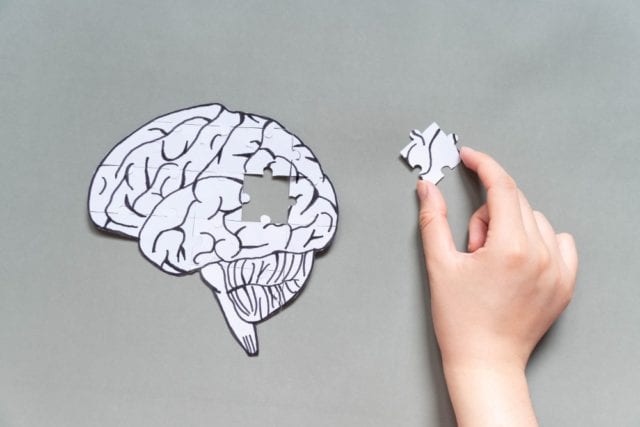
There is a specific part of our brain that deals with controlling the fear response, and it’s called the amygdala. Studies have shown that people who have an overactive amygdala may have a heightened fear response, causing increased anxiety in social situations.
3. Environmental Factors
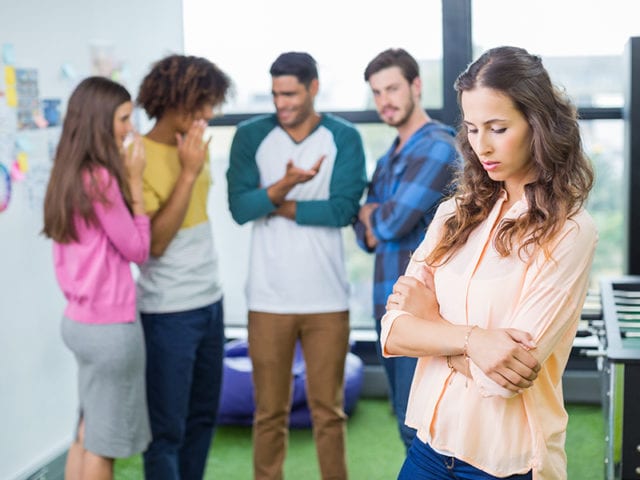
Researches have pointed out that social anxiety could be a learnt behaviour which the person imbibes from a close family member or peer. Some people may develop the condition after an unpleasant or embarrassing social situation. There is also an association between social anxiety disorder and parents who exhibit anxious behaviour in front of their children. The children tend to model their parents’ behaviour, leading them to grow up with anxieties.
Social Anxiety Disorder Treatment And Remedies
Studies have highlighted that professionals who are into art, music, writing, mentoring, counselling, nursing, and other similar niches could feel less socially anxious as they find their jobs to be highly rewarding.
Did You Know?
A study conducted in 2017 estimated that 197 million Indians (14.3% of the total population) were suffering from mental disorders, of whom 46 million had depression and 45 million anxiety disorders.
Treatment For Social Anxiety Disorder
There are a plethora of treatment measures available for social anxiety disorder. The best-suited treatment, its effectiveness, and prognosis vary from person to person. Some patients respond remarkably to one type of treatment while others might require an eclectic combination. You can always consult a professional counsellor for a better diagnosis and treatment plan.
Some of the best social anxiety disorder treatment measures include:
1. Cognitive Behavioural Therapy
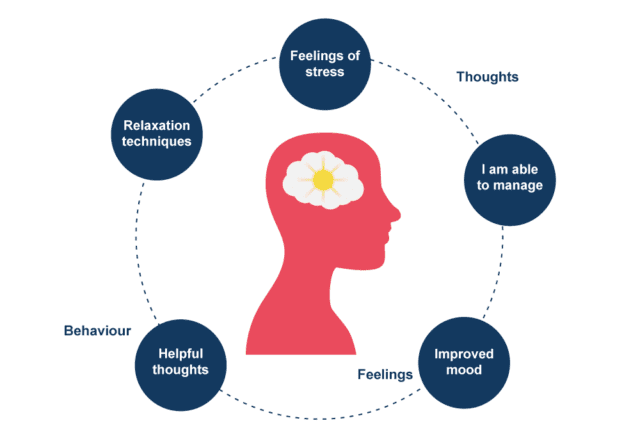
Cognitive Behavioural Therapy (CBT) is a modern technique that teaches you how to replace negative and anxiety-provoking thoughts with positive and motivating ones. It also equips you to control anxiety with muscle relaxation and breathing exercises.
2. Exposure Therapy
The exposure therapy helps you to face your fears, which is in this case, social interactions. It slowly and gradually desensitises you from your fears. It encourages you to stop avoiding anxiety-provoking situations and rather face them in a piecemeal and step-wise manner.
3. Group Therapy
You will overcome your fears by learning certain social skills and techniques to interact with people in social settings. Participating in group therapy with others who have the same fears will make you feel less alone. With the help of role-playing, you will prepare yourself to face anxiety-causing social situations.
7 Self-Care Measures For Social Anxiety Disorder
If you feel that your social anxiety is mild and a few self-care remedies will help you battle it then try the following:
1. Avoid Caffeine At All Cost

Stimulants like coffee, chocolate, and soda will give you a temporary boost but will make your anxiety worse. Caffeine can even trigger panic attacks. If you face a hard time giving up tea and coffee then try to reduce your daily intake. Try drinking ample amounts of water as it will significantly help you to control your caffeine addiction.
2. Ensure You Get A Good Night’s Sleep
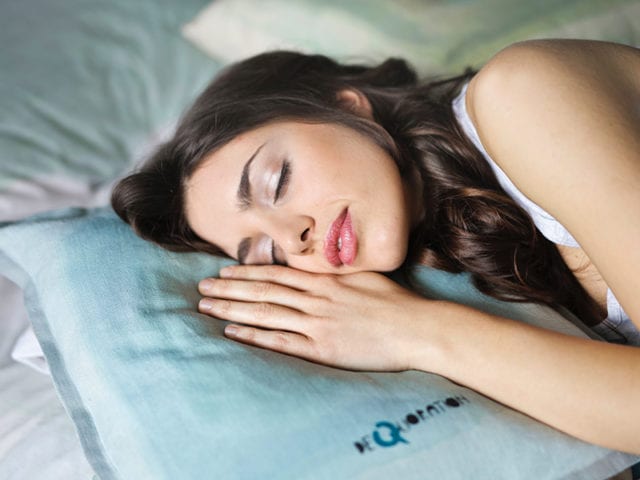
Getting at least eight hours of sleep per night is mandatory. Lack of sleep can increase anxiety and worsen symptoms of social phobia. Maintain your sleep-wake cycle by going to bed and waking up following a schedule.
3. Win Over Your Fears
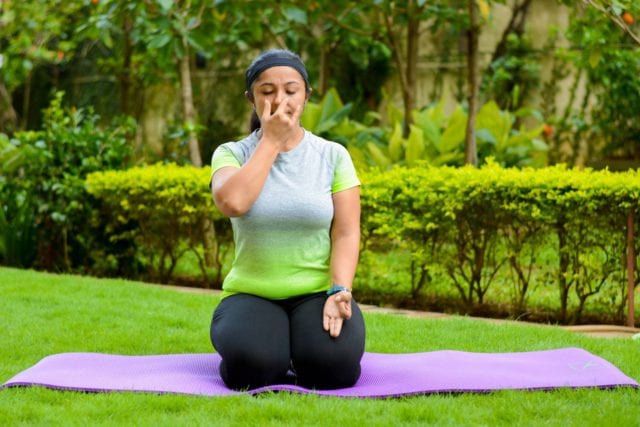
It’s important that you recognise the triggers that provoke your anxiety, makes you feel nervous, and out of control. As soon as you realise that you are being gripped by your fears, practise relaxation and breathing techniques.
4. Incorporate Healthy Lifestyle Changes

Studies have shown that making lifestyle changes help in checking anxiety. Reducing your overall anxiety level will help you to be more in control of yourself when in a social situation. For example, add exercise or yoga in your daily routine. Devote at least half an hour to exercise every day. Working out will increase your brain’s production of endorphins, which are feel-good hormones that regulate mood and anxiety.
5. Actively Take Part in Social Situations
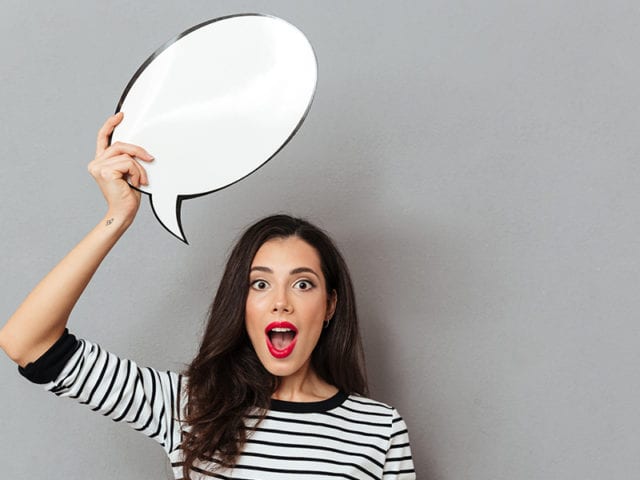
Rather than fearing social situations and avoiding them, take efforts to participate in the same. Take baby steps, but practice talking to people, making eye-contact, and similar healthy social interactions. This will increase your confidence.
6. Prep-up For Social Events
Prepare yourself thoroughly in advance before attending social events. Role-playing and practising conversation starters is an excellent way to build confidence. The more you talk, the less anxious you will feel, and it’ll be easier to speak with others.
7. Acknowledge You Are Not Alone Fighting This Battle
Social anxiety disorder or social phobia is extremely common and millions of people suffer from it. They too are constantly scared of being judged in social settings. Also, most people are generally busy focusing on themselves to worry about you. Seeing the world in this perspective will help you feel confident and combat social anxiety.
6 Key Takeaways
- You can always stop social phobia from controlling your life. Seek help from a professional therapist for accurate diagnosis and treatment plan.
- Be patient and consistent while following the treatment measures. It might take weeks and months until you see the difference.
- Look out for triggers and practice relaxation and deep breathing techniques whenever you lose control of your anxiety in social settings.
- If you get the chance then groom yourself days before attending social events.
- Always reach out for help from your loved ones and therapist.
- Keep up with the optimism and have faith until you feel calmer and more confident in social situations.

